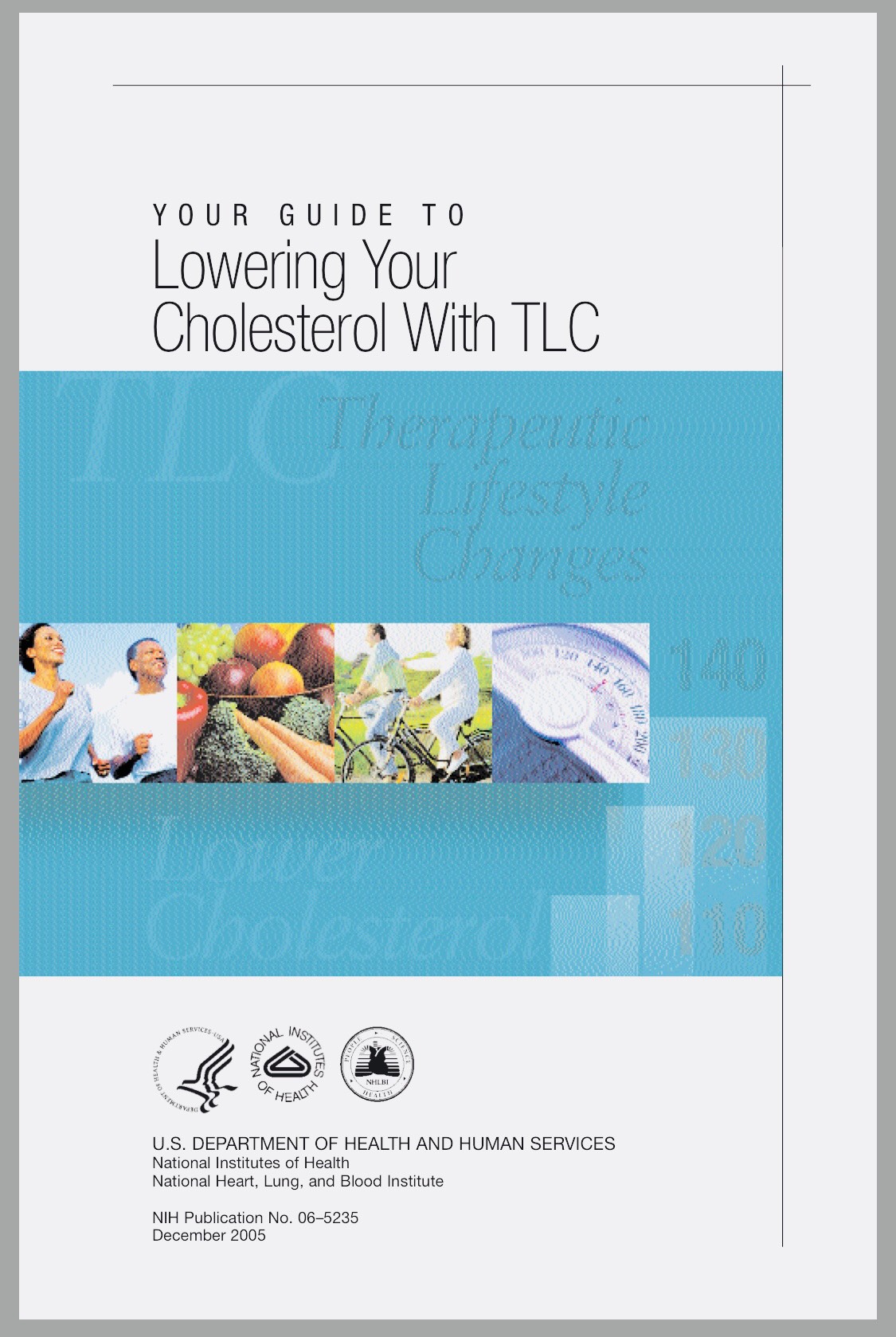(August 28, 2018)
To help people enhance wellness and fitness, HSVG officially starts a new program called TLC x TLC. This program combines “Therapeutic Lifestyle Changes”, created by US National Institutes of Health (NIH), and “Total Lean Challenge”, developed by GNC, to guide people who want to enhance health and build strength to properly reach their goals.
Our Green Project team, led by Director of Public Health Office Edward Lu, has studied both of TLC programs mentioned above and tested the synergy of combining them for a couple of years. “What we found is the evidence-based educational information of Therapeutic Lifestyle Changes really motivated most participants to stay with GNC's 12-week Total Lean Challenge training. The synergy of healthy eating and physical training working together can help people not only lose fat and get a better physique, but also fix metabolic disorder and chronic inflammation to get healthier.” Lu said.
Based on our studies and experiences, we decided to officially encourage people to make a plan for GNC's 12-week Total Lean Challenge training and, at the same time, follow the guidelines provided by NIH's Therapeutic Lifestyle Changes program to eat healthy, increase physical activity, and reach weight-loss goal. You can find the details of the training and the program from the links below:
Therapeutic Lifestyle Changes
www.nhlbi.nih.gov/files/docs/public/heart/chol_tlc.pdf
[Update] Therapeutic Lifestyle Changes has had a new version since March 2024:
https://www.nhlbi.nih.gov/education/TLC-Therapeutic-Lifestyle-Changes-Lower-Cholesterol
NIH’s TLC program basically combines diet, physical activity, and weight management to help lower blood cholesterol and improve heart health.
At the core of the TLC diet, it is important to reduce daily intake of saturated fat because too much of this type of fat increases cholesterol in the blood, LDL cholesterol in particular. To help lower cholesterol levels more, the TLC diet recommends adding soluble fiber and plant sterols to daily meals. Soluble fiber blocks cholesterol and fats from being absorbed through intestinal walls into the bloodstream. As with soluble fiber, plant sterols help block the absorption of cholesterol from the digestive tract, which helps to lower LDL cholesterol.
Following the TLC program and eating heart-healthy meals do not mean giving up on taste. The TLC diet only recommends limiting serving sizes or replacing foods high in saturated fat with healthier options. Fruits, vegetables, legumes, nuts, whole grains, low- or non-fat dairy products, fish, poultry without the skin, and lean meats in moderate amounts are good options.
Regarding increasing physical activity, even just changing sedentary behavior a little bit can help. If you are ready to do more, start out easy and build up your activity level gradually. For example, you can park your car farther away from a store entrance or take stairs instead of the escalator or elevator.
As you become more active, you can start doing light activities regularly, such as walking a 24-minute mile, which means getting through a mile in 24-minutes. You can certainly advance to walking a 15-minute mile, cycling, playing tennis, dance, or other moderate-intensity activities in due course, and later on challenge yourself with high-intensity activities, such as walking a 10-minute mile, walking uphill with a load, playing basketball or soccer, or climbing.
After changing diet and increasing physical activity, you have actually been on the right track to achieving your healthy body weight. The NIH underlines the fact that people don’t have to reach their ideal weight to reap health benefits. If you are overweight, losing even 10% of your current weight would lower your risk for heart disease and other health problems. The important thing to keep in mind is that your goal is not just to lose extra weight but to keep it off.
The NIH also mentions that medicines may help some people who are overweight or have obesity to lose weight by reducing feelings of hunger, increasing energy levels, or affecting how your body burns and stores calories. It’s important to use only medicines that are approved by the Food and Drug Administration for weight loss with your healthcare provider’s prescription.
Surgical procedures, such as bariatric surgery, may be an option for some people who have obesity. People who opt for weight-loss surgery have to commit to lifelong changes in diet and eating habits. Working long term with a healthcare team is often necessary to make sure that patients get enough nutrition while achieving and maintaining a healthy weight.
The new version of the TLC program also emphasizes “putting TLC into action.” Given that making lifestyle changes is never easy, setting specific, measured, appropriate, realistic, and time-bound goals is the key to success. For example, walking an extra 2,000 steps each day, or adding a new vegetable to one meal each week.
Total Lean Challenge
https://gncguam.com/2021/05/13/total-lean-challenge-12-week-healthy-weight-loss-program/
GNC believes that healthy weight loss requires the perfect combination of supplements, nutrition and exercise. GNC Total Lean Challenge is a comprehensive 12-week program of all three: meal plans, exercise suggestions and clinically proven products.

(Photo: Screenshot of NIH on-line booklet)
(Photo: Screenshot of GNC TLC video)
